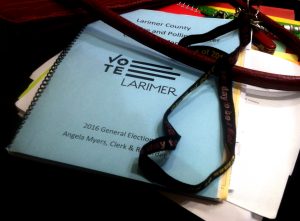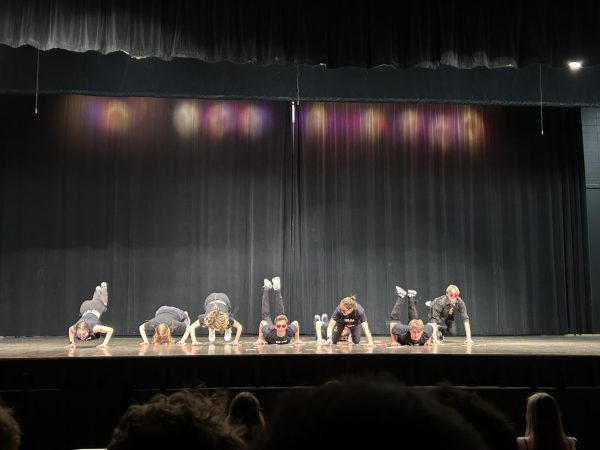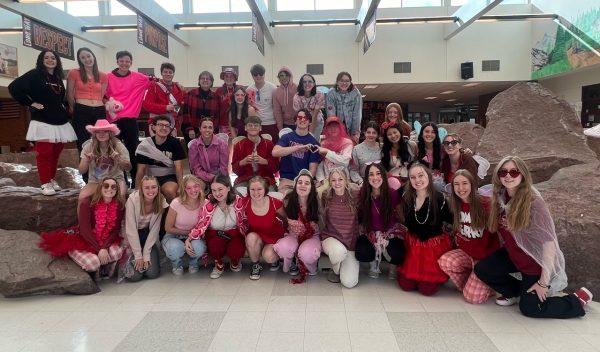As a Student, What are Your Rights?
You may be under the impression that you possess every right that other United States Citizens possess, but you would be wrong.
In reality, students only have a fraction, if any, rights guaranteed by the constitution of the United States. This doesn’t mean that the administration doesn’t respects some rights, but these rights are by no means protected.
When a student goes to school, they forfeit their First, Second, Fourth, and Sixth constitutional amendment rights.
An American’s First amendment right guarantees that no law will be made “abridging the freedom of speech, or of the press.” First Amendment is not a reality in a school setting. Between blocked internet sites, dress codes, and policies against cursing or inflammatory speech, students are not able to express themselves freely.
A student’s Second Amendment right is “the right of the people to keep and bear arms.” Second Amendment rights are infringed in high school. Students can not possess any firearm or bladed weapon on school property. The punishment for infractions are often severe, usually resulting in suspension, expulsion, or criminal prosecution.
The Fourth Amendment’s protection for, “the right of the people to be secure in their persons, houses, papers, and effects, against unreasonable searches and seizures,” is also not protected. Testing students for drugs, drug-sniffing dogs on campus, locker searches, metal detectors, searching backpacks, wallets, personal computers and, searching a student’s car in the parking lot are all activities allowed by the Supreme Court without probable cause.
Student’s Sixth Amendment right to due process is yet another right forfeited at school. Administration does not grant “a speedy and public trial by an impartial jury” to the accused before punishment of a guilty person.
These facts are often surprising to students; many students are unaware of the rights they give up by attending an educational institution. Gunnar Anderson, a Senior, said, “How are people supposed to exercise their rights after high school if they possess none when they are in [high school]?”
Many people agree with these school policies and the decisions of the Supreme Court. Whether you agree or disagree, the truth is, the possibility of these policies changing is unlikely. Therefore, students should be educated about their rights under the individual.

Cedric is a Senior at Rocky Mountain. He is a wrestler on the Rocky Wrestling team, he enjoys Bass fishing and is an avid consumer of journalistic media....













